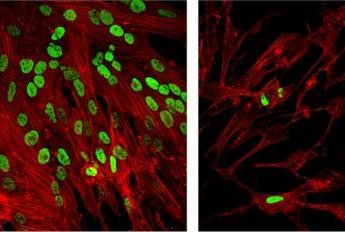Aug. 15 (UPI) -- A study in mice by the National Institutes of Health has uncovered a potential broad-spectrum antiviral that may be effective against herpesvirus.
Two-thirds of the world's population are infected with HSV-1 and roughly 500 million have HSV-2, according to the World Health Organization.















